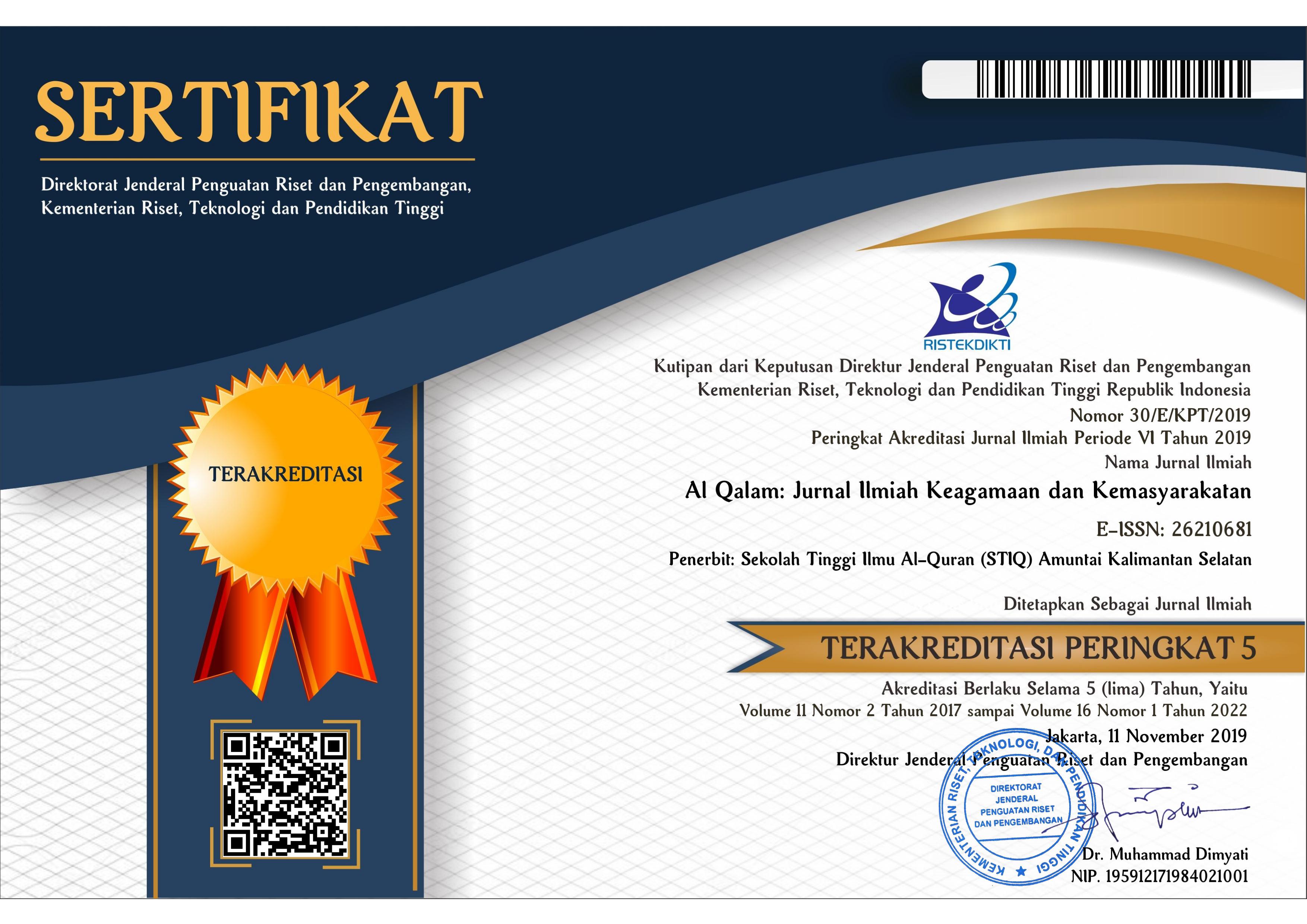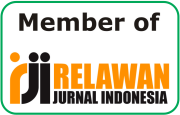Digital Campaign: Character Branding and Framing towards the 2024 Presidential Election
Abstract
Keywords
Full Text:
PDFReferences
Altourah, Albaraa F., Khin Wee Chen, and Ali A. Al-Kandari. "The Relationship between Media Use, Perceptions and Regime Preference in post-Arab Spring Countries." Global Media and Communication 17.2 (2021): 231-259.
Barrinha, André, and Thomas Renard. "Power and Diplomacy in the Post-Liberal Cyberspace." International Affairs 96.3 (2020): 749-766.
Boulianne, Shelley. "Twenty Years of Digital Media Effects on Civic and Political Participation." Communication Research 47.7 (2020): 947-966.
Culpepper, Pepper D., and Kathleen Thelen. "Are We All Amazon Primed? Consumers and the Politics of Platform Power." Comparative Political Studies 53.2 (2020): 288-318.
Freelon, Deen, and Chris Wells. "Disinformation as Political Communication." Political Communication 37.2 (2020): 145-156.
Grenni, Sara, L. G. Horlings, and K. Soini. "Linking Spatial Planning and Place Branding Strategies through Cultural Narratives in Places." European Planning Studies 28.7 (2020): 1355-1374.
Hannonen, Olga. "In Search of a Digital Nomad: Defining the Phenomenon." Information Technology & Tourism 22.3 (2020): 335-353.
Hazra, Ummaha, and Asad Karim Khan Priyo. "Mobile Financial Services in Bangladesh: Understanding the Affordances." The Electronic Journal of Information Systems in Developing Countries 87.3 (2021): e12166.
Hendriks, Carolyn M., and Jennifer Lees-Marshment. "Political Leaders and Public Engagement: The Hidden World of Informal Elite–Citizen Interaction." Political Studies 67.3 (2019): 597-617.
Hultman, Magnus, Sera Ulusoy, and Pejvak Oghazi. "Drivers and Outcomes of Political Candidate Image Creation: The Role of Social Media Marketing." Psychology & Marketing 36.12 (2019): 1226-1236.
Hyland-Wood, Bernadette, et al. "Toward Effective Government Communication Strategies in the Era of COVID-19." Humanities and Social Sciences Communications 8.1 (2021): 1-11.
Kadarisman, Muh, Arie Wahyu Wijayanto, and Anjar Dimara Sakti. "Government Agencies’ Readiness Evaluation towards Industry 4.0 and Society 5.0 in Indonesia." Social Sciences 11.8 (2022): 331.
Kassen, Maxat. "Understanding Decentralized Civic Engagement: Focus on Peer-To-Peer and Blockchain-Driven Perspectives on E-Participation." Technology in Society 66 (2021): 101650.
Kreiss, Daniel, and Shannon C. McGregor. "Technology Firms Shape Political Communication: The Work of Microsoft, Facebook, Twitter, and Google with Campaigns during the 2016 US Presidential Cycle." Political Communication 35.2 (2018): 155-177.
Laksmana, Evan A. "Reshuffling the Deck? Military Corporatism, Promotional Logjams and Post-Authoritarian Civil-Military Relations in Indonesia." Journal of Contemporary Asia 49.5 (2019): 806-836.
Lovari, Alessandro, and Chiara Valentini. "Public Sector Communication and Social Media: Opportunities and Limits of Current Policies, Activities, and Practices." The Handbook of Public Sector Communication (2020): 315-328.
MacDonald, Alexander Ewan, Roger Sherlock, and John Hogan. "Using Cognitive Mapping to Longitudinally Examine Political Brand Associations." Journal of Political Marketing 18.3 (2019): 267-302.
Mansoor, Mahnaz. "Citizens' Trust in Government as a Function of Good Governance and Government Agency's Provision of Quality Information on Social Media during COVID-19." Government Information Quarterly 38.4 (2021): 101597.
Modarress Fathi, Batoul, Alexander Ansari, and Al Ansari. "Threats of Internet-of-Thing on Environmental Sustainability by E-Waste." Sustainability 14.16 (2022): 10161.
Mufti, Mariam, and Farida Jalalzai. "The Importance of Gender Quotas in Patriarchal and Clientelistic Polities: The Case of Pakistan." Journal of Women, Politics & Policy 42.2 (2021): 107-123.
Nugrahani, Farida, and M. Hum. "Metode Penelitian Kualitatif." Solo: Cakra Books 1.1 (2014): 3-4.
Sunarso, Sunarso, Benni Setiawan, and Ni Putu Pande Satya Anjani. "The Political Satire of Mojok. co in the 2019 Indonesian Election." Heliyon 8.7 (2022): e10018.
Susila, Ihwan, et al. "Symbolic Political Communication, and Trust: A Young Voters’ Perspective of the Indonesian Presidential Election." Journal of Political Marketing 19.1-2 (2020): 153-175.
Szymkowiak, Andrzej, et al. "Information Technology and Gen Z: The Role of Teachers, the Internet, and Technology in the Education of Young People." Technology in Society 65 (2021): 101565.
Zhuravskaya, Ekaterina, Maria Petrova, and Ruben Enikolopov. "Political Effects of the Internet and Social Media." Annual Review of Economics 12 (2020): 415-438.
DOI: http://dx.doi.org/10.35931/aq.v17i1.1797
Refbacks
- There are currently no refbacks.
Copyright (c) 2023 Al Qalam: Jurnal Ilmiah Keagamaan dan Kemasyarakatan
Al Qalam: Jurnal Ilmiah Keagamaan dan Kemasyarakatan
index by:
Publish by:
Sekolah Tinggi Ilmu Al-Qur'an Amuntai
Contact us:
Address: Jl. Rakha Pakapuran, Amuntai Utara
Kabupaten : Hulu Sungai Utara
Kode Pos : 71471
Provinsi : Kalimantan Selatan
Telephone : 085251613000
Email: hafizhihusinsungkar@gmail.com

This work is licensed under a Creative Commons Attribution 4.0 International License


